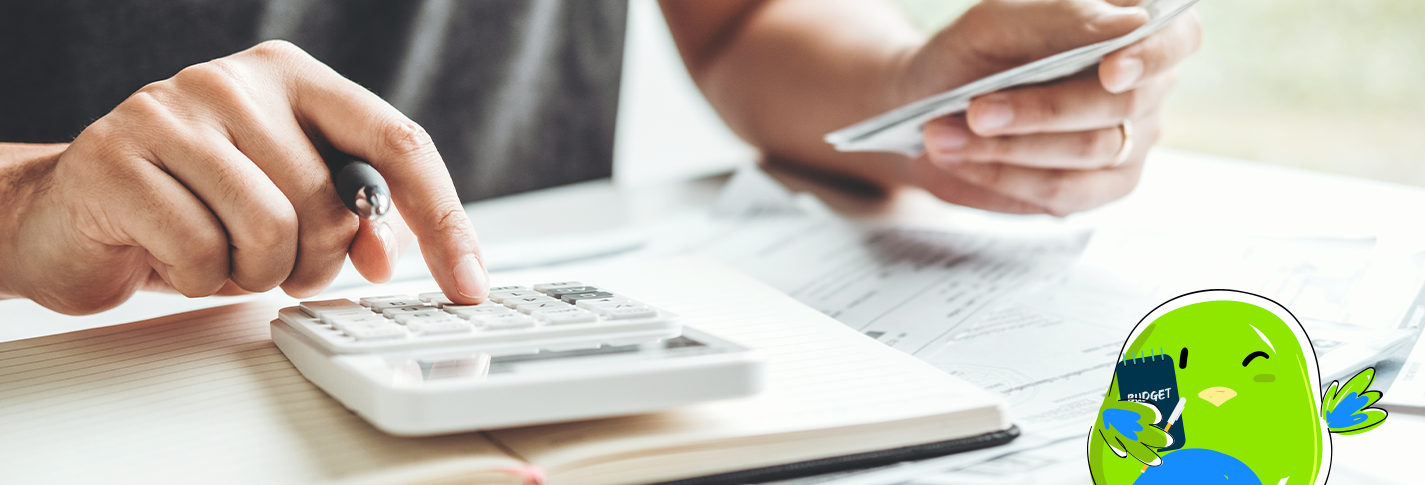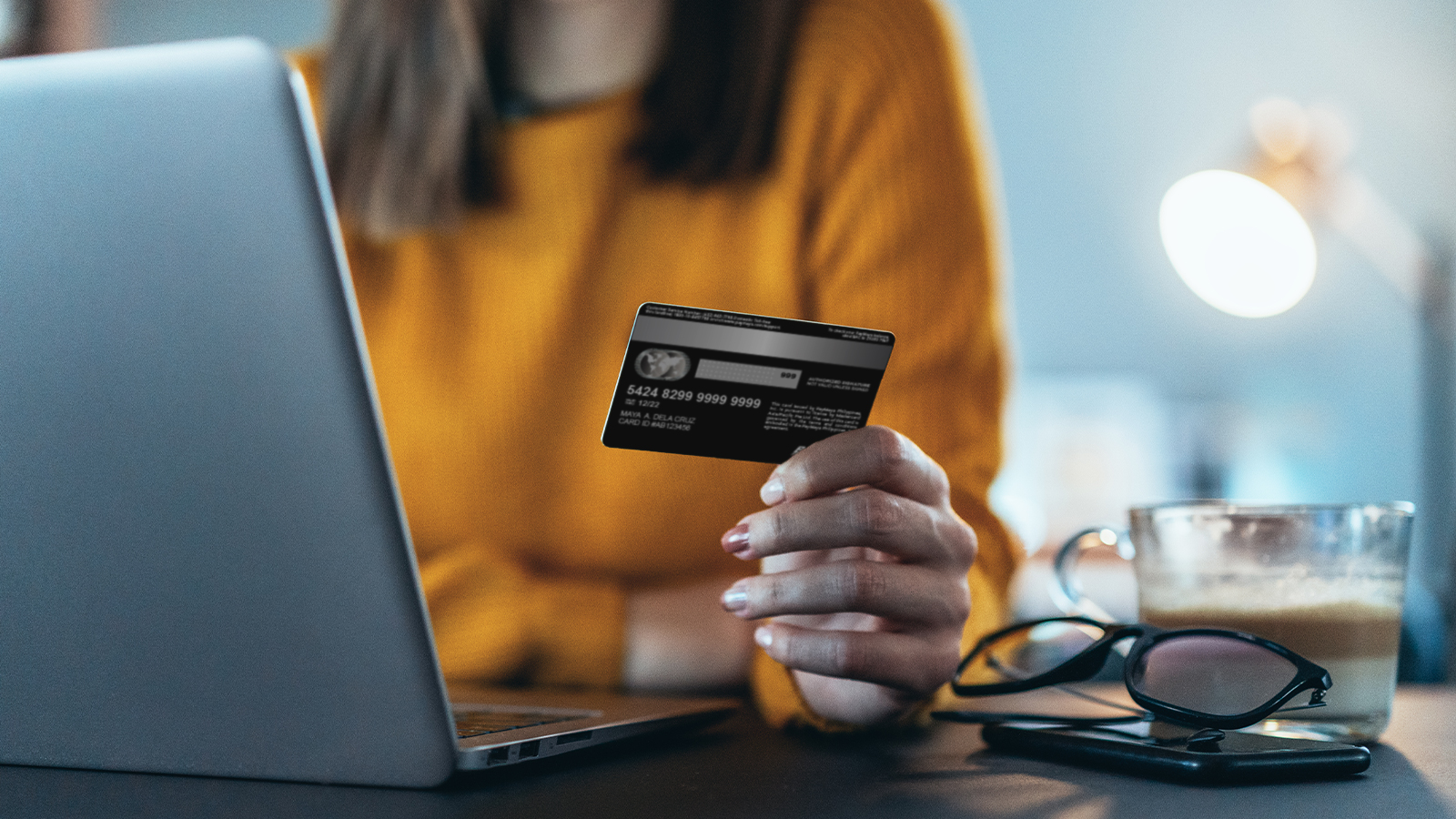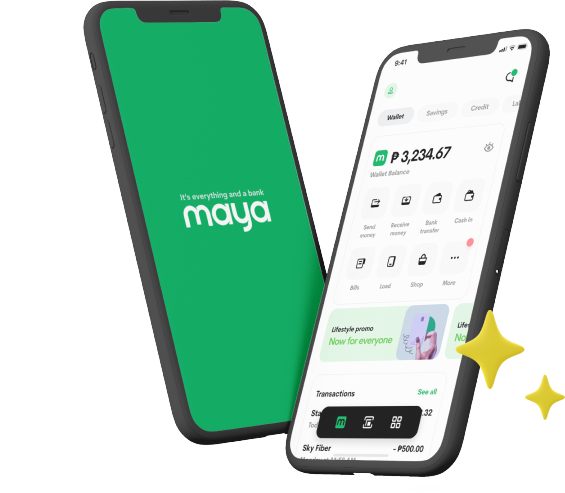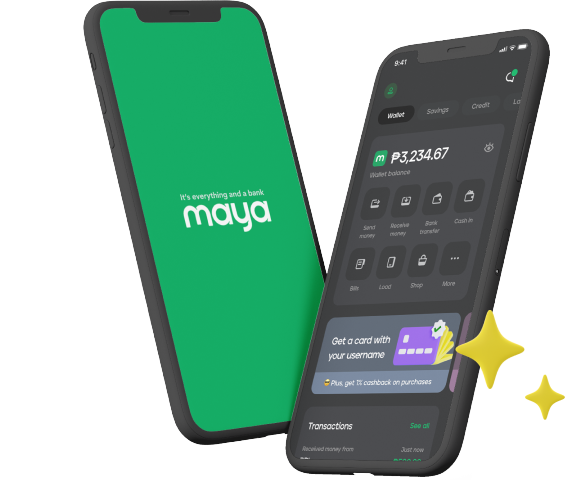
Many tenants and homeowners in the Philippines dread the time of the month when they are sent the bills for the utilities they use. Whether it’s for electricity, water, or telecommunication, many Filipinos balk at receiving their utility bills because of the often high costs associated with using these services.
If you hope to lower your utility expenses, you’ve come to the right place. This article lists seven different ways you can save not only money but also time and effort when it comes to paying for your bills. Moreover, you’ll learn how to properly deal with the avoidable extra costs stemming from tiny bad habits you unconsciously or consciously practice when using water and electricity. Read on to find out how.
Bills Payment
To reduce utility charges, people put all their focus on decreasing their electricity and water usage, or maybe downgrading their mobile data or Wi-Fi plan to something less than ideal. However, many don’t realize that they incur extra expenses even in the simple act of paying the bills. To avoid this, here are some tips for more efficient bills payment.
1. Utilize Online Payment Systems
Going to payment centers requires a lot of time and energy, especially if the lines are long. You also pay for the commute or the fuel to get there, and you might even spend more by buying a small snack or drink along the way. When you add these small expenses, you’ll notice they’ll gradually build up over time. This won’t be a problem if you use online payment systems like Maya.
Maya allows you to pay your bills online in the comfort of your home. As long as you have a stable internet connection and the Maya app is working on your phone, you can pay your bills from anywhere at any time. Simply make sure to double-check the required details before pressing confirm for a smooth and hassle-free transaction.
2. Pay Your Bills on Time
Some billers require you to pay a “late fee” for paying your bills beyond the deadline. The cost varies from biller to biller, although some do tend to charge only a small amount. .Taken together, however, your late fees from different billers and across different months could add up to an amount that you’ll soon realize could have been better spent elsewhere.
Electricity Use
Electricity is certainly something many of us can’t live without. You use it every waking and sleeping moment, whether to power your lights, to run your appliances, or to charge your electronic devices. It’s not surprising to see that electricity bills come with some of the highest billing amounts among utility expenses. To save electricity, check out these following tips.
3. Use Power-Efficient Appliances
The old refrigerator you bought in the ‘90s might still work fine, but you may not realize that it consumes a lot of electricity. Most old appliances don’t have the energy-saving features that more recent appliances have, like inverters, save modes, and timers. If you want to save money in the long run, it might be time for an upgrade.
When checking out new appliances, make sure to determine their energy efficient rationor factor (EER/EEF). A higher number indicates a higher capacity to save energy.
4. Keep Your Electric Equipment Well Maintained.
Electric appliances inevitably depreciate over time in terms of efficiency. When this happens, their energy-saving capacities decrease as well, and they consume more electricity as a result. Avoid this problem by performing maintenance on your appliances regularly. Most appliances come with limited or even lifetime warranties. Take advantage of these and have them checked regularly by maintenance professionals. This is especially important for old, large, and power-hungry appliances like refrigerators and air conditioners.
5. Unplug Cords When Not in Use
It’s not uncommon for people to forget to unplug the cord after using an appliance. Since the appliance is turned off or is in sleep mode, people often assume that it’s no longer using electricity. However, nothing could be further from the truth. Even when a device or appliance is not being used, as long as its cord is plugged in, it’s likely still using electricity, thus contributing further to your monthly electricity bill. Avoid this problem by properly unplugging the cords after using an appliance or a device. This small habit can go a long way.
Water Use
Water is an indispensable part of our modern lives. Aside from cooking food, we also need it for hygiene and cleaning. And while you might think that water is generally cheap in the Philippines so your monthly water bills are not as much of a burden as your other utility bills, it still makes perfect sense to save money where you can. Here’s how you can reduce avoidable costs when it comes to water use.
6. Make Sure to Close Faucets Properly
This is a simple yet important tip. Never let the water run continuously from the faucet when you’re brushing your teeth, lathering soap on your hands, or washing your face. Additionally, also make sure to shut the tap off completely before leaving the bathroom or kitchen. The simple act of ensuring that the faucet is tightly closed when it’s not in use is not only good for the environment, but it also saves you additional cash over the long term.
7. Check for Runs and Leaks.
If you’ve noticed that your water bills remain consistently costly even though you always make sure to properly turn all sources of water off when they are not in use, then it might be necessary to check if there are any runs and leaks in your house. If you rent, talk with the landlord to have the matter checked. Look under the sinks or the toilet tanks to check for any malfunctions. If there’s none, check other parts of the house, especially all the exposed water pipes. Once you’ve located the run or leak, make sure to have it fixed immediately.
As you have read, these tips are simple and quite easy to follow. The effects may not immediately reflect on your utility bills, but you’ll soon notice how much less you’re paying each month. Practice these small tips and make the most of your available options and resources. Avoid the extra charges on your utility bills and save money today.
You might also like
These Stories on Financial Literacy




